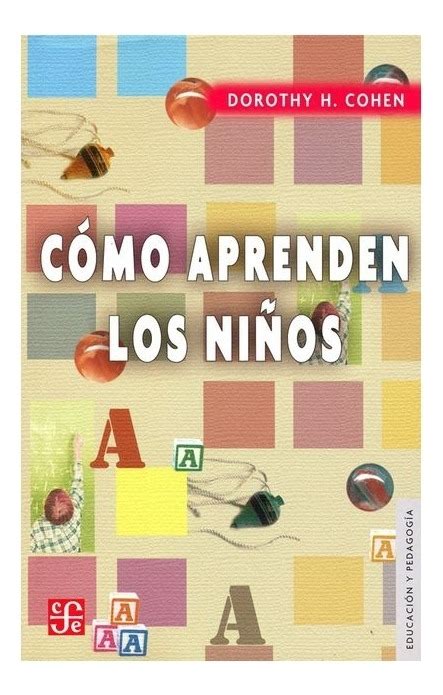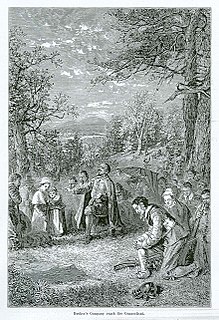A Quote by Maria Montessori
The child's conquests of independence are the basic steps in what is called his 'natural development'.
Quote Topics
Related Quotes
We must remember when we speak of the "negativism" of the toddler that this is also the child who is intoxicated with the discoveries of the second year, a joyful child who is firmly bound to his parents and his new-found world through ties of love. The so-called negativism is one of the aspects of this development, but under ordinary circumstances it does not become anarchy. It's a kind of declaration of independence, but there is no intention to unseat the government.
Degrees of ability vary, but the basic principle remains the same: the degree of a man's independence, initiative and personal love for his work determines his talent as a worker and his worth as a man. Independence is the only gauge of human virtue and value. What a man is and makes of himself; not what he has or hasn't done for others. There is no substitute for personal dignity. There is no standard of personal dignity except independence.
There must be a solemn and terrible aloneness that comes over the child as he takes those first independent steps. All this is lost to memory and we can only reconstruct it through analogies in later life....To the child who takes his first steps and finds himself walking alone, this moment must bring the first sharp sense of the uniqueness and separateness of his body and his person, the discovery of the solitary self.
Every young man should aim at independence and should prepare himself for a vocation; above all, he should so manage his life that the steps of his progress are taken without improper aids; that he calls no one master, that he does not win or deserve the reputation of being a tool of others, and that if called to public service he may assume its duties with the satisfaction of knowing that he is free to rise to the height of his opportunity.
The child's conquest of independence begins with his first introduction to life. While he is developing, he perfects himself and overcomes every obstacle that he finds in his path. A vital force is active within him, and this guides his efforts towards their goal. It is a force called the 'horme', by Sir Percy Nunn.
By the age of three, the child has already laid down the foundations of his personality as a human being, and only then does he need the help of special scholastic influences. So great are the conquests he has made that one may well say: the child who goes to school at three is already a little man.
The child to be concerned about is the one who is actively unhappy, [in school].... In the long run, a child's emotional development has a far greater impact on his life than his school performance or the curriculum's richness, so it is wise to do everything possible to change a situation in which a child is suffering excessively.
Red RodsBefore elaborating any system of education, we must therefore create a favorable environment that will encourage the flowering of a child's natural gifts. All that is needed is to remove the obstacles. And this should be the basis of, and point of departure for, all future education. The first thing to be done, therefore, is to discover the true nature of a child and then assist him in his normal development.
When I think of happiness or joy in this life, I begin with some experiences that are simple and basic. I see the expression on the face of a one-year-old taking those first steps. I think of a child loving a puppy or a kitten. If the more mature have not dulled their physical or spiritual sensitivities by excess or disuse, they can also experience joy in what is simple and basic.
When the father is going on in his journey, if the child will not goe on, but stands gaping upon vanity, and when the father calls, he comes not, the onely way is this: the father steps aside behind a bush, and then the child runs and cries, and if he gets his father againe, he forsakes all his trifles, and walkes on more faster and more cheerefully with his father than ever.
How does he achieve this independence? He does it by means of a continuous activity. How does he become free? By means of constant effort. we know that development results from activity. The environment must be rich in motives which lend interest to activity and invite the child to conduct his own experiences.































